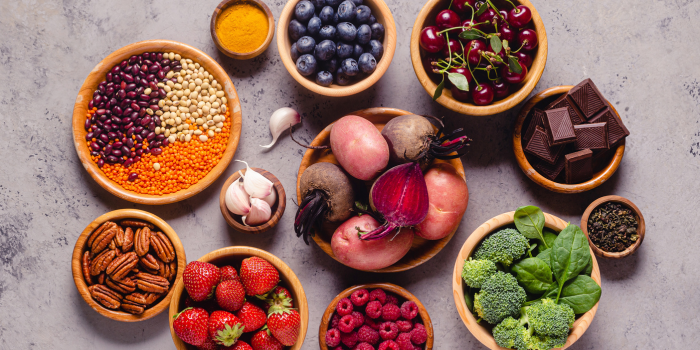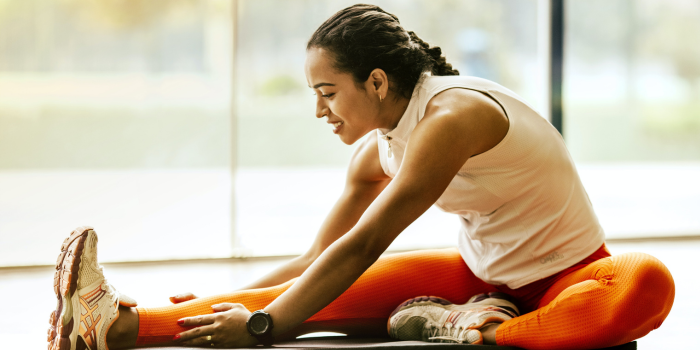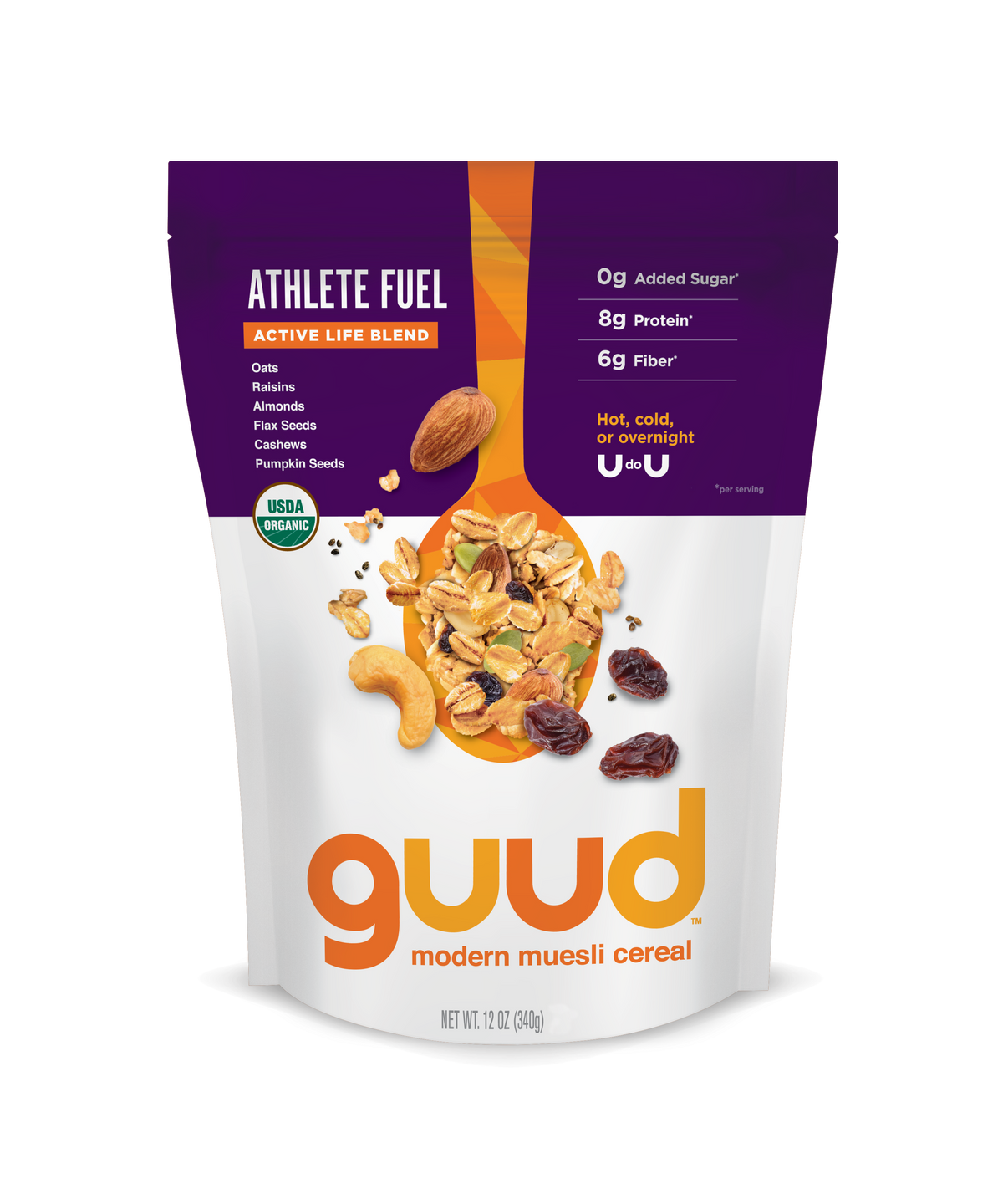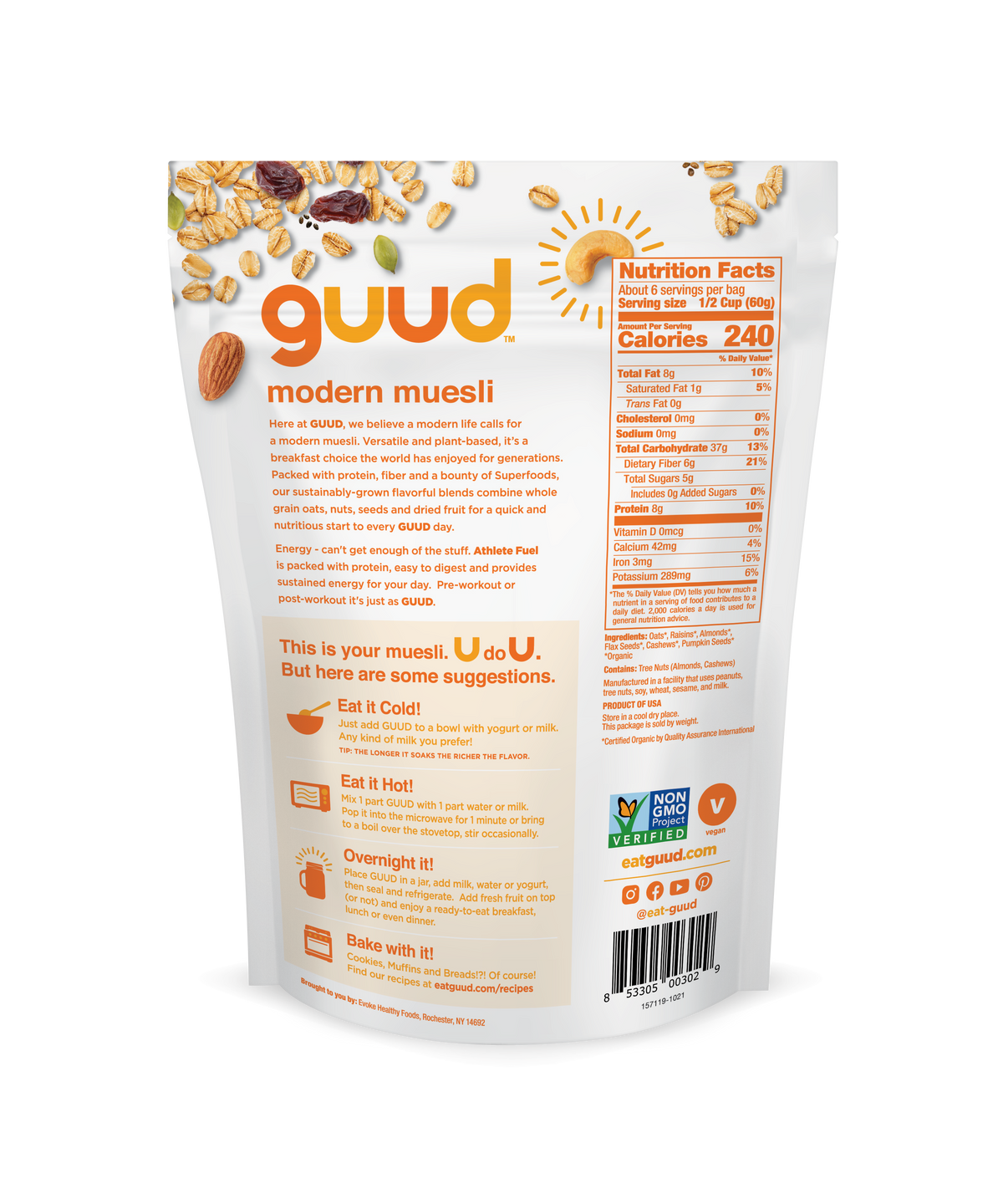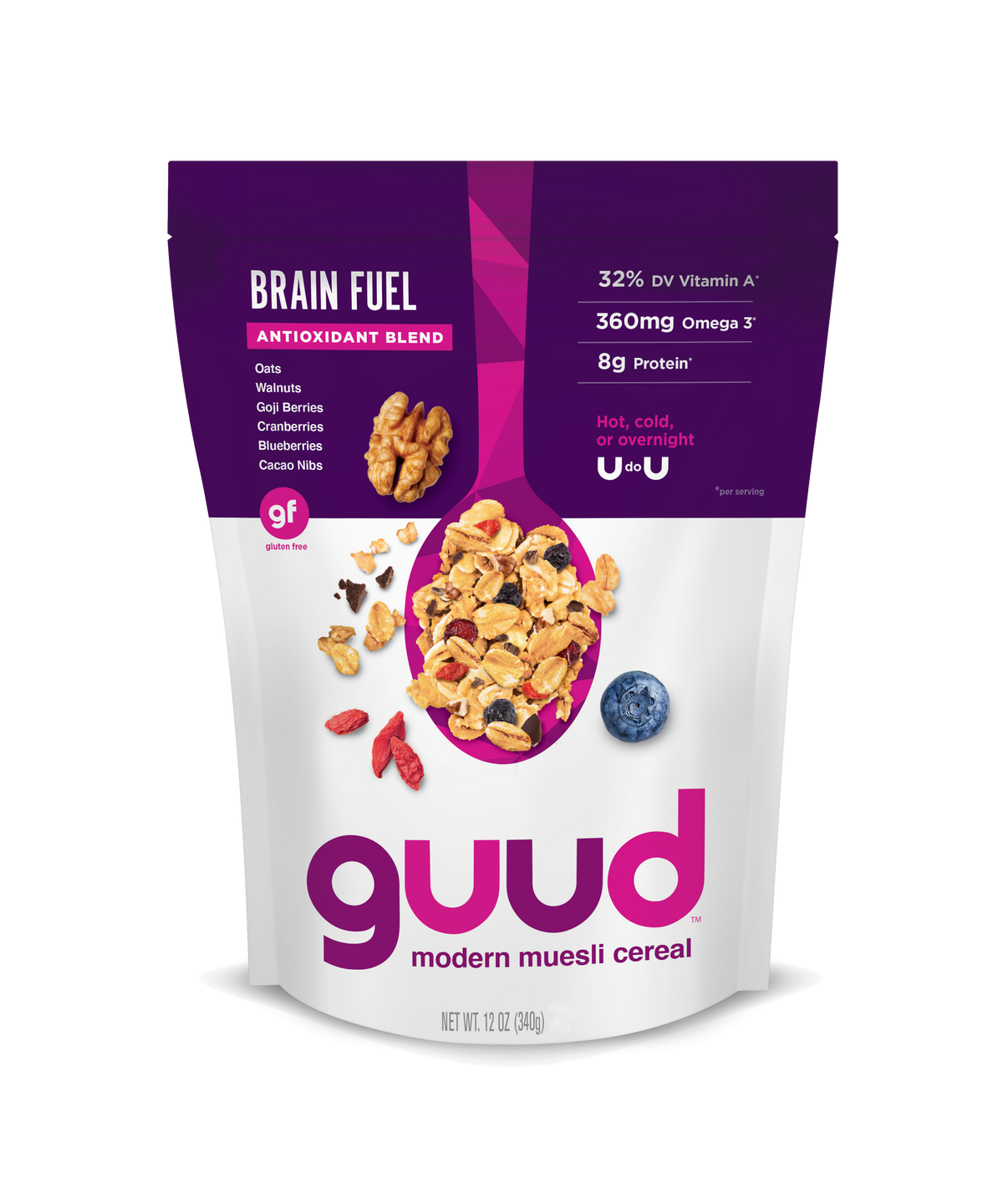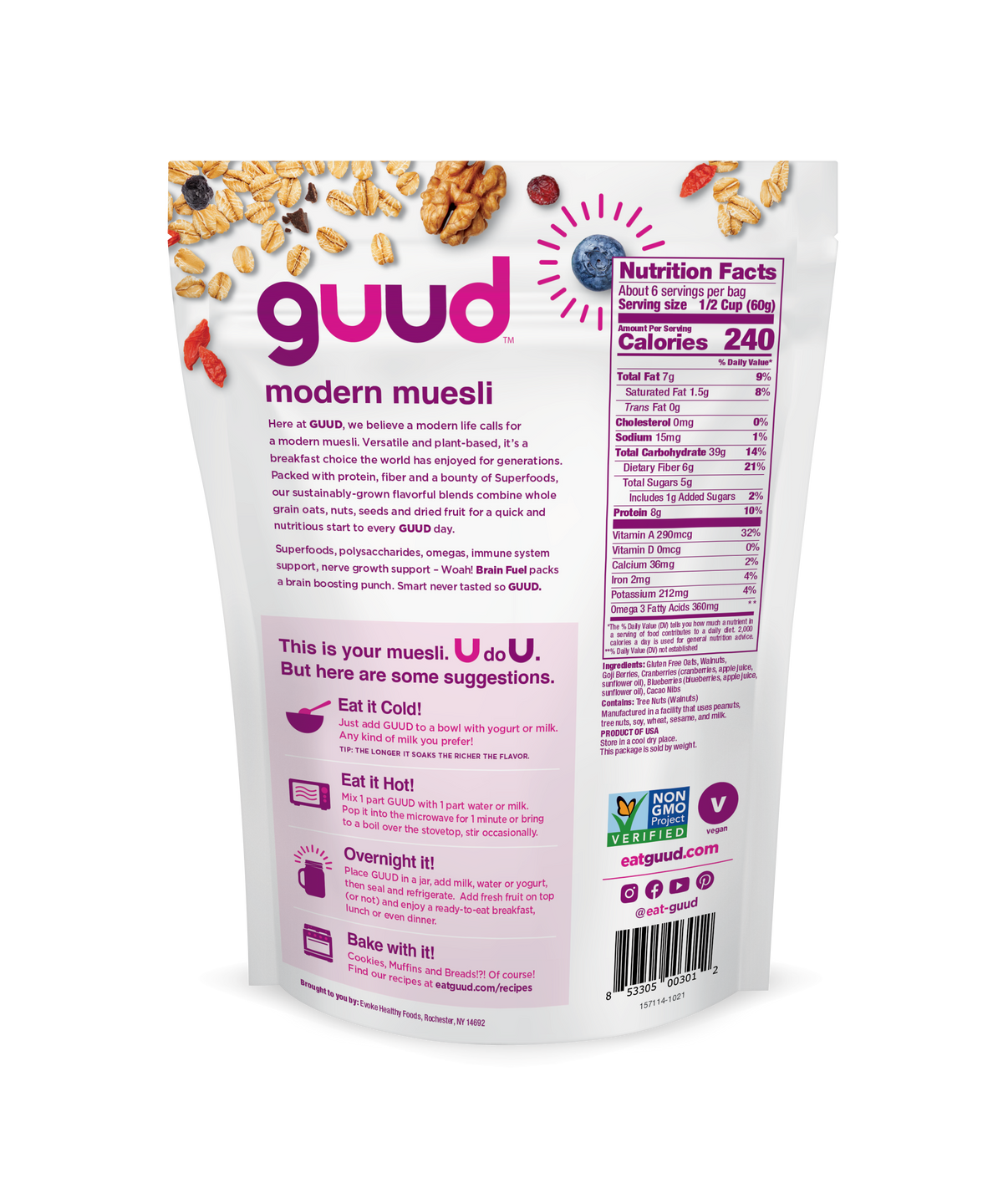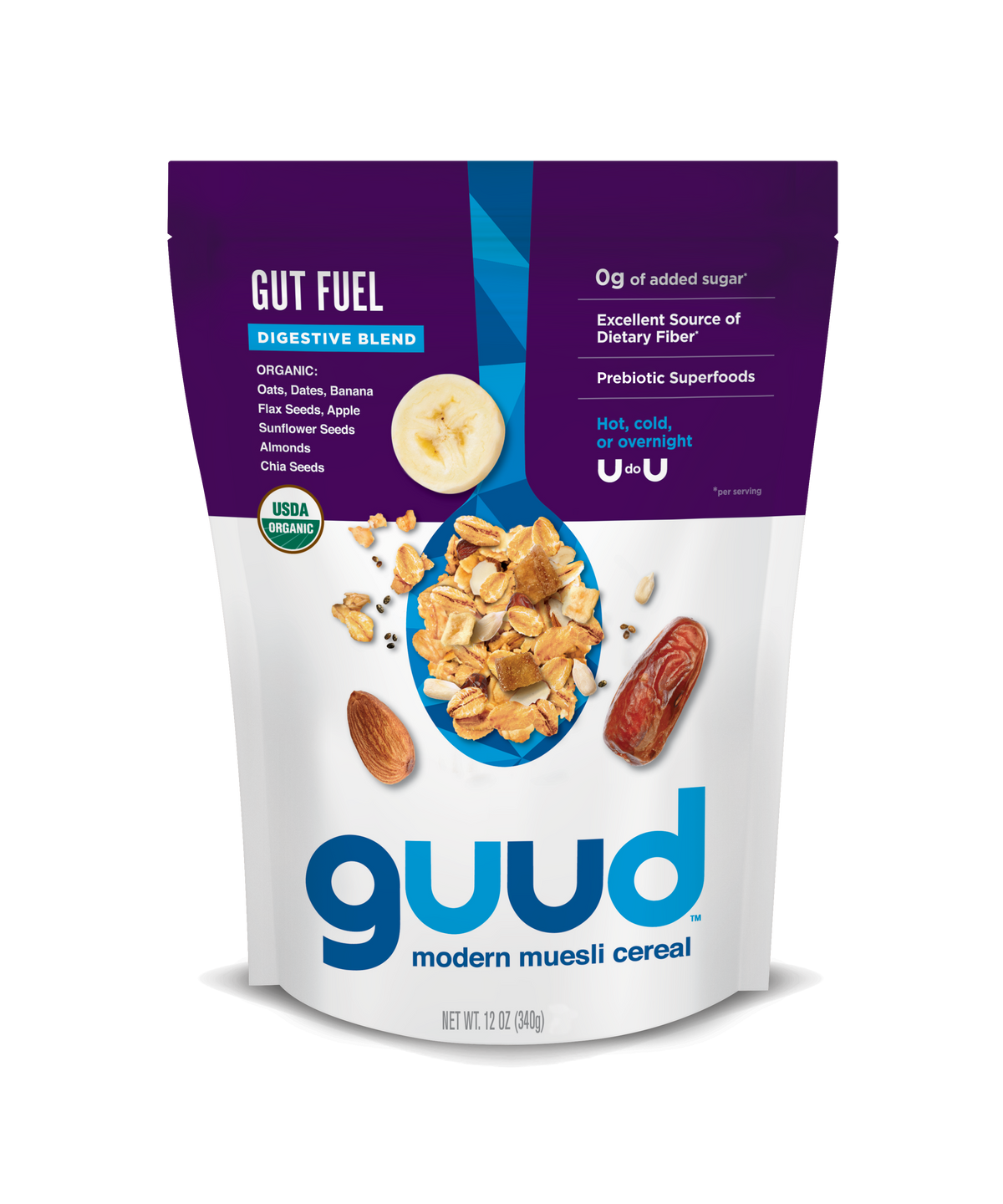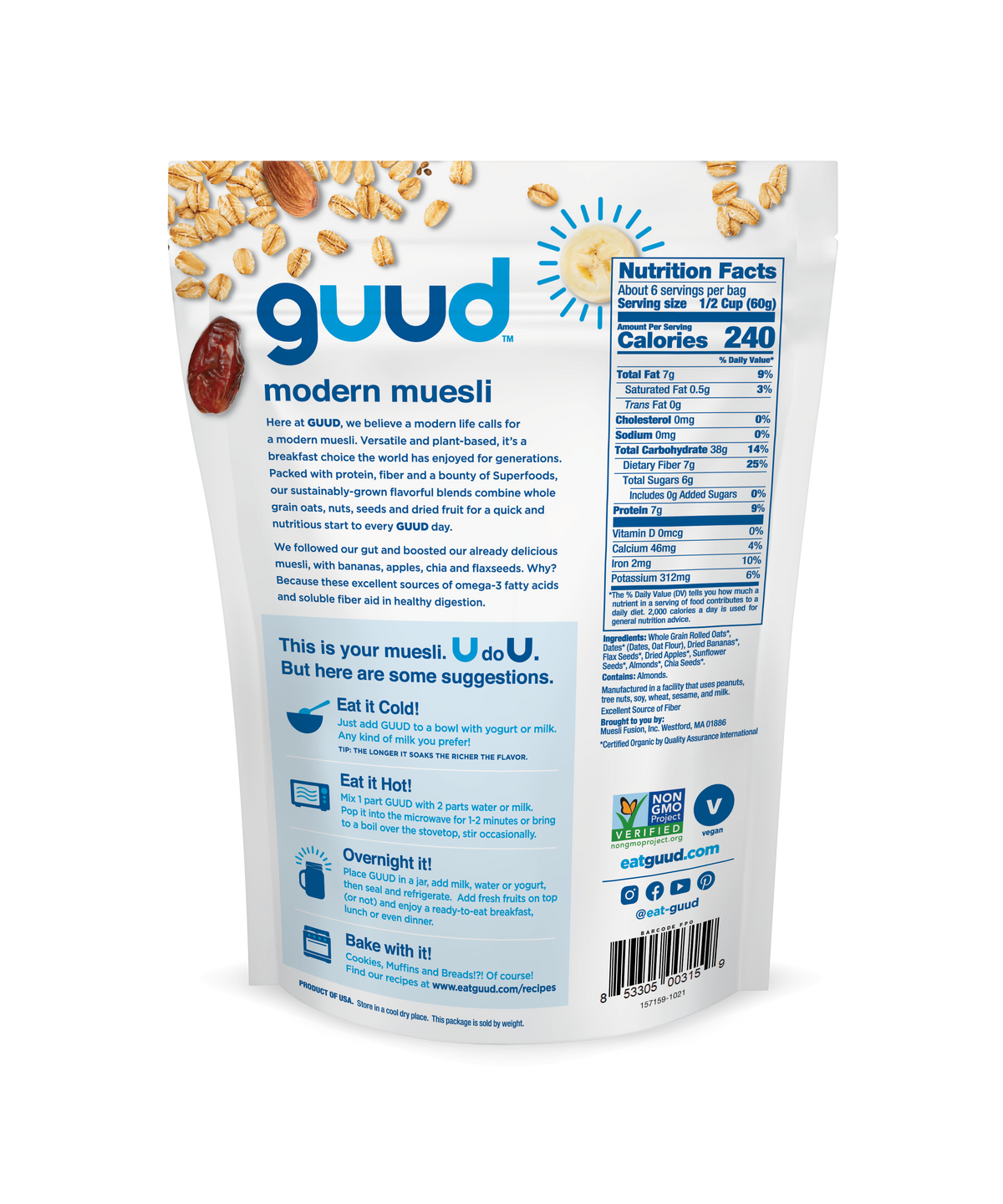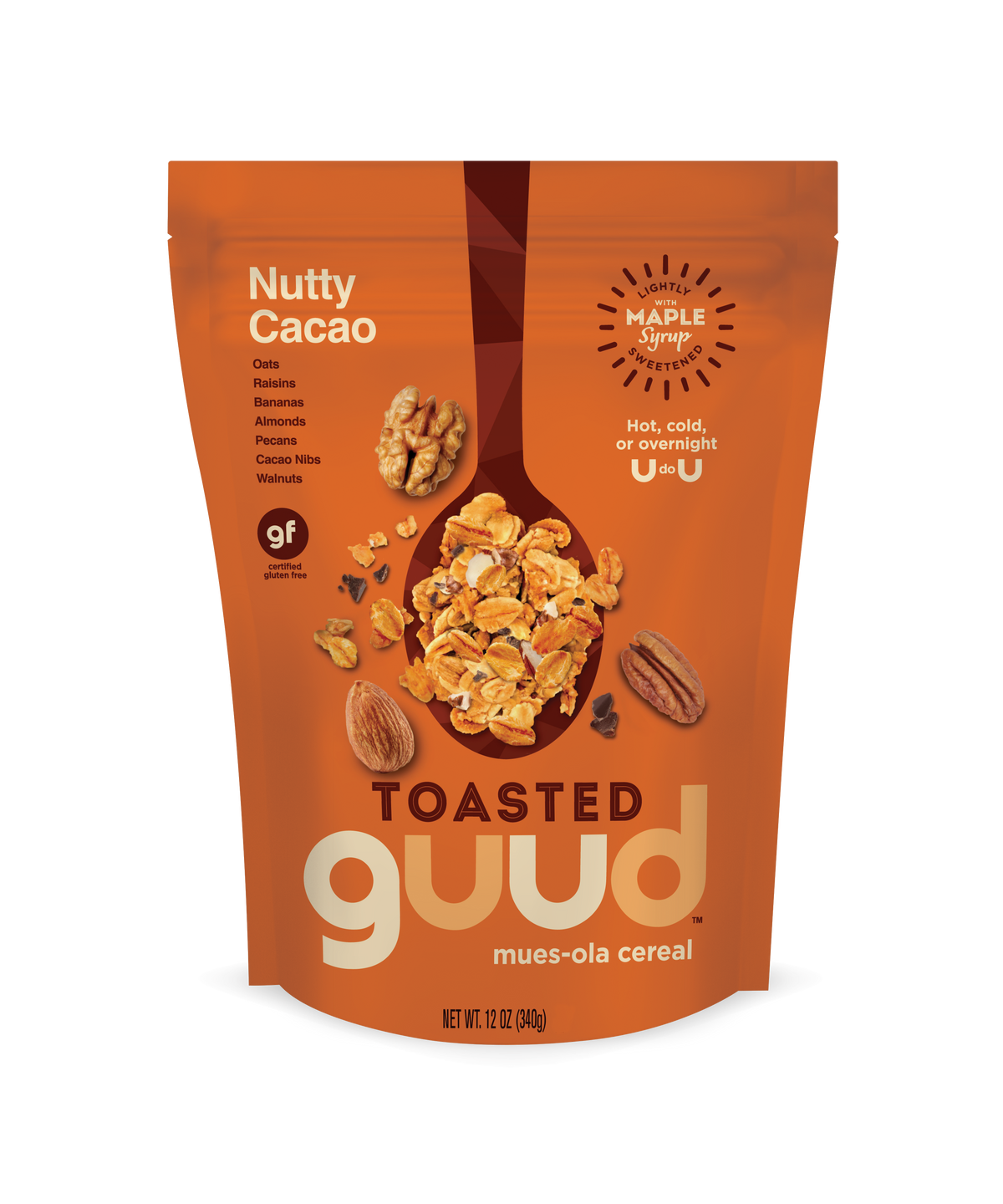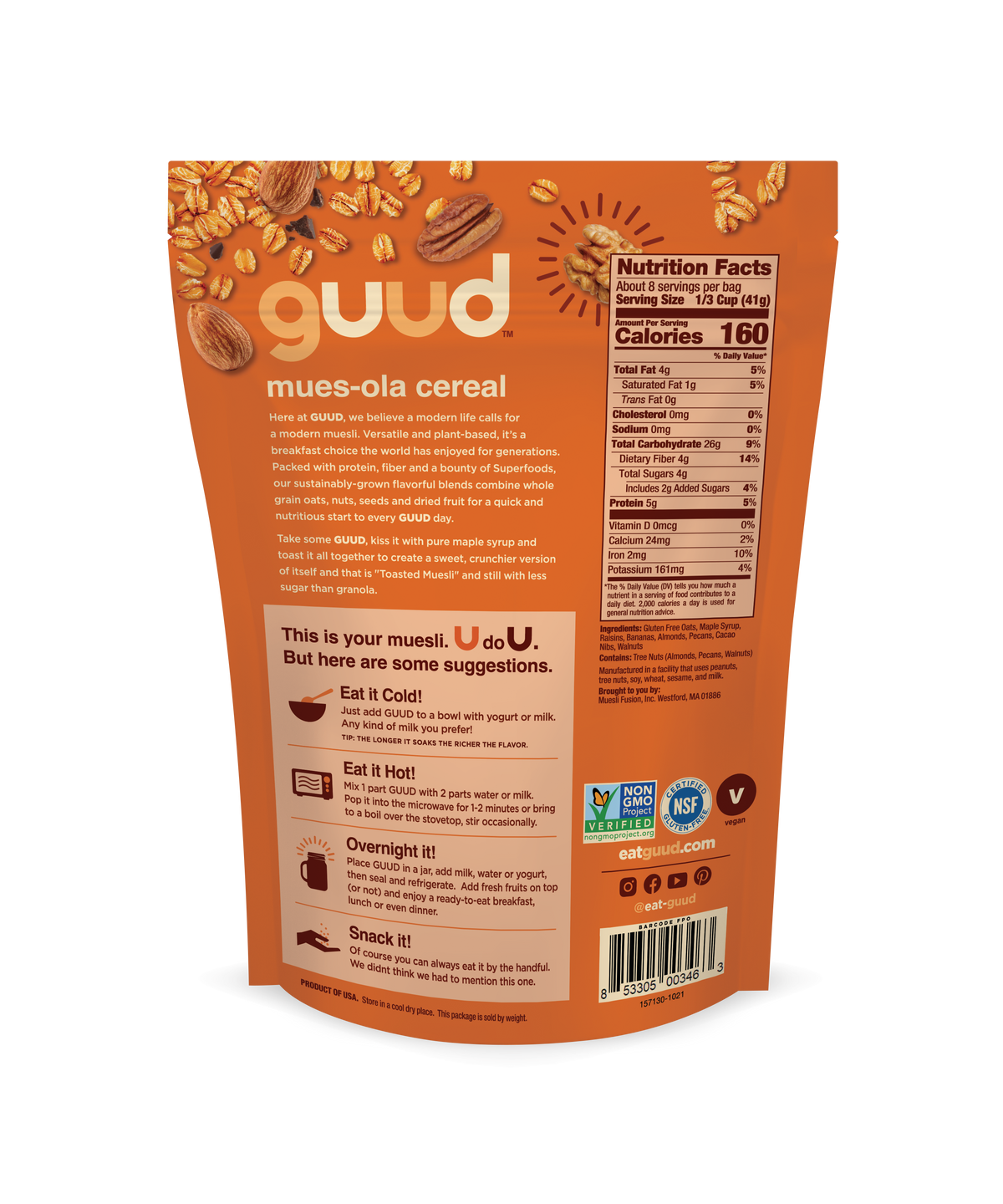Have you ever attempted a tough workout or competition when you've been hungry or following a heavy, unhealthy meal? Then you've experienced how your diet can affect your energy, strength, and stamina.
Athletes require a well-balanced and nutrient-rich diet to fuel their bodies for optimal performance. For example, protein helps to build and maintain lean muscle mass, contributing to strength and agility, while carbohydrates provide the body with a quick source of energy.
Whether you're a competitive athlete, hobbyist, or just someone who wants to stay active and fit, in this article, learn about how to best fuel your body for peak performance.

How Your Diet Affects Physical Performance
Nutrients from a healthy diet—especially complex carbs, protein, vitamins, and minerals—play a crucial role in physical performance for many reasons. Here's how a nutrient-packed diet benefits active adults (and children, too!):
- Serves as the primary energy source needed to fuel muscles during physical activity
- Helps muscles, joints, and other tissues recover after exercise or competitions
- Prevents fatigue
- Builds and repairs muscle tissue, contributing to growth and strength
- Aids in hydration, preventing cramps or aches
- Supports hormone production and nutrient absorption
- Provides backup fuel during long-duration exercise
- Prevents nutrient deficiencies that can impact energy production and metabolic functions

Nutrients That Athletes Need Most
Here are some specific nutrients that athletes require, as well as their functions:
- Protein: Protein is essential for muscle recovery and growth, as it provides the amino acids that the body needs to repair damaged muscle tissue.
- Carbohydrates: Carbs, especially "complex" and healthy ones from unprocessed foods, are important for replenishing glycogen stores in the muscles which can become depleted during exercise. Eating carbohydrate-rich food restores these stores and supports higher energy levels and muscle recovery.
- Antioxidants: Antioxidants from plant foods, such as vitamin C, vitamin E, and beta-carotene, can help reduce inflammation in the body and support muscle recovery. They also support a healthy immune system, preventing weakness and fatigue.
- Vitamins and minerals: Vitamins and minerals, such as iron and B12, play a crucial role in many of the body's processes, including energy production and muscle function.
- Electrolytes: Electrolytes such as sodium, potassium, and magnesium are important for supporting fluid balance and muscle and nerve functions.
- Healthy fats: Healthy fats help support the absorption of other nutrients and reduce inflammation. These foods also provide the energy needed for endurance training and long-distance competitions, and they facilitate hormone production which supports recovery.
- Fluids: Staying hydrated is important for muscle recovery, as it helps support nutrient delivery and waste removal from the muscles. When dehydration occurs, fatigue, cramps, and lethargy occur, hindering focus and performance.
Top Foods to Fuel Athletic Performance
Now that you know which nutrients athletes rely on to feel their best, here are some foods that are particularly beneficial for supplying these nutrients:
1. Whole grains
Whole grains provide a source of complex carbohydrates, which are important for both fast-acting and long-lasting energy. Unlike refined grains, which have been stripped of their fiber and many nutrients, whole grains are full of nutritional value. While sugary foods and refined grains can cause blood sugar swings that result in energy crashes, whole grains do the opposite: they keep you fueled and focused. Experts recommend consuming between 30 to 60 grams of carbohydrates per hour during endurance events.
If you're active, here's why adding whole grains to your meals is smart:
- They maintain your stamina during long or intense training sessions.
- They help reduce muscle soreness and support optimal muscle function.
- They support gut health and metabolic health, such as by regulating blood sugar levels.
Examples of whole grains that athletes can incorporate into their diets include 100% rolled oats, brown rice, quinoa, whole wheat bread, and barley. Oats, are not only high in fiber, but they also offer a rich dose of B vitamins, manganese, phosphorus, folate, iron, magnesium, and zinc. Whole grains should be eaten before and/or after exercise, or as part of a balanced meal or snack throughout the day.
2. Quality Protein
Lean proteins are important for building and repairing muscles and keeping your appetite in check, since they're filling. They also maintain a healthy metabolism and body composition because they require more energy to break down than other nutrients. Protein's thermic (warming) effect uses up calories and may help prevent weight gain.
The best sources of protein include: chicken, turkey, fish, eggs, tofu, legumes, yogurt, nuts, seeds, and whole grains.

3. Fruits and vegetables
Fruits and vegetables provide a range of vitamins, minerals, and antioxidants. Dark leafy greens, berries, citrus fruits, bananas, bell peppers, broccoli, carrots, and sweet potatoes are particularly nutrient-dense options.
4. Healthy Fats
Healthy fats are found in nuts, seeds, avocados, and fatty fish like salmon. Eggs, olive oil, avocado oil, and flaxseed oil are other good sources of fats.
5. Dairy or dairy alternatives
Dairy products, such as milk and yogurt, provide a source of protein, carbohydrates, and electrolytes all at the same time, making them a good option for post-exercise recovery (as long as you can tolerate dairy).
6. Hydrating fluids
In addition to drinking plenty of water, athletes and active people should consume drinks with electrolytes if they're sweating and using up lots of energy.
Electrolytes, including sodium, potassium, and magnesium, are found in fresh pressed juices, bone broth, and coconut water. Herbal teas, almond milk, and seltzer are other hydrating options. However, it's best to stay away from sweetened sports and energy drinks, which tend to contain lots of added sugar and sometimes high amounts of caffeine.
What's an example of a nutritious breakfast that's ideal for active people or athletes?

One option could be whole grain muesli (made with rolled oats, dried fruits, nuts, and seeds) topped with Greek yogurt, nut butter, and banana slices or berries. The key is to aim for a well-balanced meal that includes enough calories and a variety of nutrient-rich foods.
Want to start your day on the right foot and eat to fuel physical activity? Try our Athlete Fuel Organic Museli, which provides the protein, fiber, and healthy fats you need to power through workouts, all without added sugar or unhealthy fillers. You can eat muesli cold, hot, or even baked right into healthy goodies to kickstart your day the healthy way.


